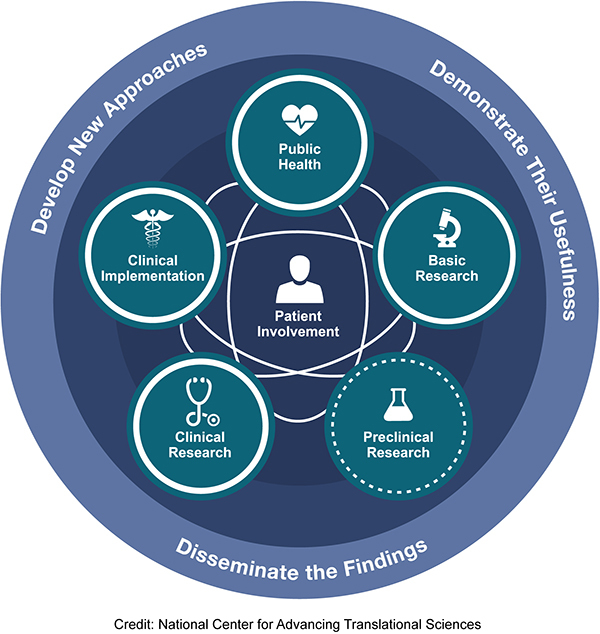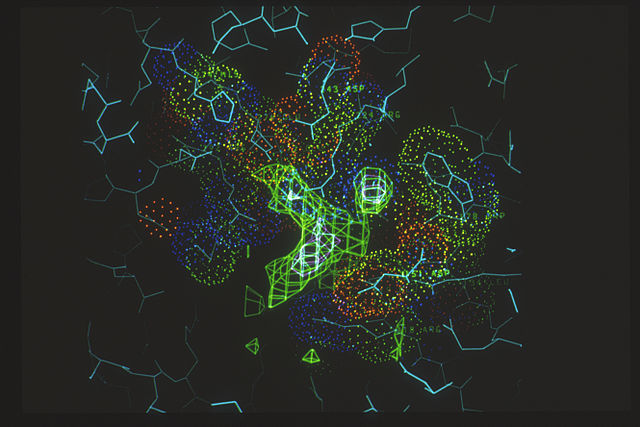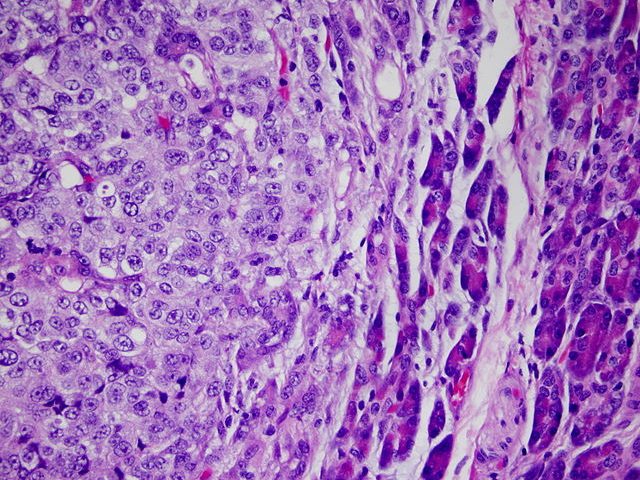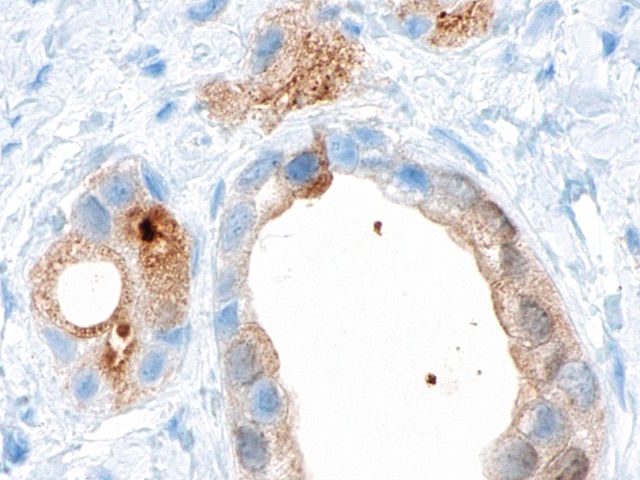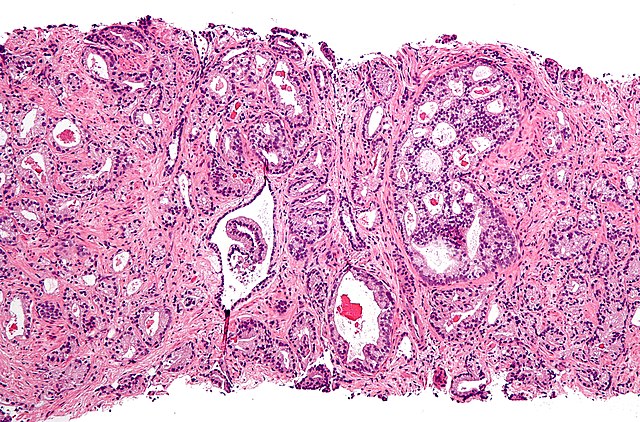Presented by: Chris Chen, MD, Director, Early Drug Development, Stanford Cancer Institute
Covered by: Inas Abuali, MD, FACP

Dr. Chris Chen, director of the Early Drug Development Program at Stanford Cancer Institute, discusses in this session the stalled progress in reducing mortality from GI malignancies as compared to other solid malignancies, and the urgent need for new FDA-approved drugs in this sphere. [1]
Translational efforts, Dr. Chen states, are key to bringing successful therapeutic options to the GI oncology clinic. One example is the exploration of KRAS G12C inhibitors in colorectal cancers (CRC). Those targeted therapies are FDA-approved for non-small cell lung cancer but have shown limited efficacy in CRC due to high levels of RTK signaling by CRC tumors which confer resistance. [2] Translational studies, however, demonstrated the potential of cetuximab combinations in improving clinical efficacy, via reversal of this resistance mechanism. [3]
A phase 1/2 study of adagrasib and cetuximab reveals an improvement in median PFS of 6.9 months vs 5.6 months with adagrasib alone. [4] Interim results of a phase 1 trial of GDC-6036, a next generation G12C inhibitor, in combination with cetuximab has shown a confirmed ORR of 62%. [5]
In conclusion, progress in GI oncology relies on further translational research that can pave the way towards enhancing our current therapeutic options.
References:
- Siegel et al Cancer 2022
- Amodio et al Cancer Discovery 2020
- Awad et al NEJM 2021
- Yaeger et al NEJM 2023
- Desai et al AACR 2023


